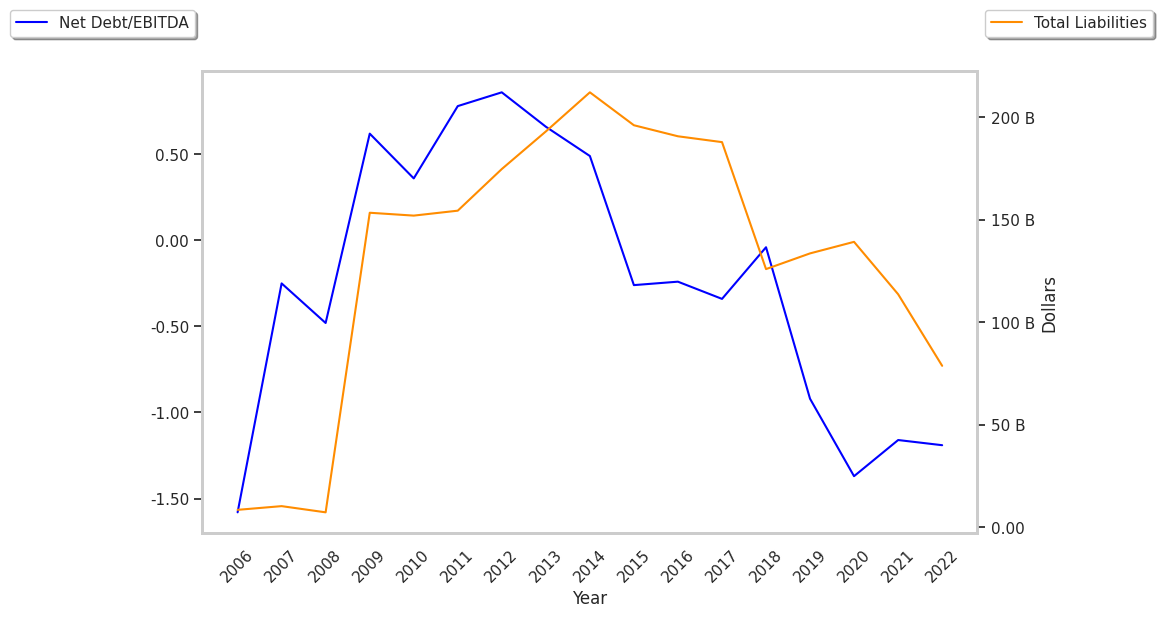Standing out among the Street's worst performers today is BlackRock, a capital markets company whose shares slumped -5.3% to a price of $1018.4, 12.61% below its average analyst target price of $1165.29.
The average analyst rating for the stock is buy. BLK underperformed the S&P 500 index by -5.0% during today's afternoon session, but outpaced it by 15.1% over the last year with a return of 37.3%.
BlackRock, Inc. is a publicly owned investment manager. The company is included in the financial services sector, which includes a wide variety of industries such as credit services, mortgage, banking, and insurance. Owing to this variety and the fast pace of innovation within these industries, investors may struggle to make sense of this sector.
As evidenced by the financial meltdown of 2008, seemingly healthy financial services companies -- from insurers to investment banks -- may see their market value plunge to zero in a matter of months. While the financial crash was likely a once-in-a-generation event, it highlights the volatility that is inherent to the sector. Financial innovation creates opportunities, but also new types of risk that investors and even the companies themselves may not fully understand.
BlackRock's trailing 12 month P/E ratio is 24.2, based on its trailing EPS of $42.05. The company has a forward P/E ratio of 18.8 according to its forward EPS of $49.1 -- which is an estimate of what its earnings will look like in the next quarter. The P/E ratio is the company's share price divided by its earnings per share. In other words, it represents how much investors are willing to spend for each dollar of the company's earnings (revenues minus the cost of goods sold, taxes, and overhead). As of the third quarter of 2024, the finance sector has an average P/E ratio of 20.04, and the average for the S&P 500 is 29.3.
To deepen our understanding of the company's finances, we should study the effect of its depreciation and capital expenditures on the company's bottom line. We can see the effect of these additional factors in BlackRock's free cash flow, which was $3.82 Billion as of its most recent annual report. This represents the amount of money that is available for reinvesting in the business, or for paying out to investors in the form of a dividend. With its strong cash flows, BLK is in a position to do either -- which can encourage more investors to place their capital in the company. Over the last four years, the company's free cash flow has been growing at a rate of 6.8% and has on average been $3.65 Billion.
Another valuation metric for analyzing a stock is its Price to Book (P/B) Ratio, which consists in its share price divided by its book value per share. The book value refers to the present liquidation value of the company, as if it sold all of its assets and paid off all debts). Blackrock's P/B ratio is 3.66 -- in other words, the market value of the company exceeds its book value by a factor of more than 3, so the company's assets may be overvalued compared to the average P/B ratio of the Finance sector, which stands at 1.86 as of the third quarter of 2024.
Since it has a higher P/E ratio than its sector average, an average P/B ratio, and generally positive cash flows with an upwards trend, BlackRock is likely overvalued at today's prices. The company has mixed growth prospects because of an inflated PEG ratio and strong operating margins with a stable trend. We hope you enjoyed this overview of BLK's fundamentals. Be sure to check the numbers for yourself, especially focusing on their trends over the last few years.



